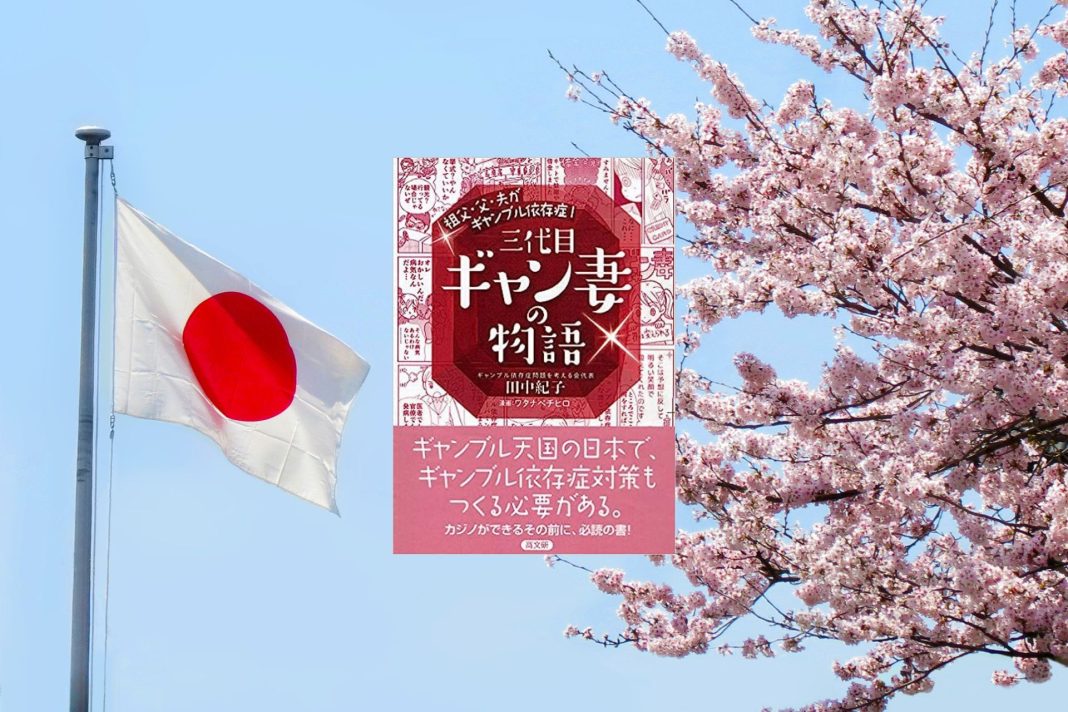Online gambling addiction is emerging as a significant concern in Japan, with a notable increase in individuals seeking assistance for compulsive gambling behaviors. The Society Concerned about Gambling Addiction, a Tokyo-based public interest incorporated association, has reported an elevenfold rise in consultation requests over the past five years.
The COVID-19 pandemic, which began in 2020, appears to have exacerbated this issue. The societal shifts and increased isolation during this period may have led more individuals to engage in online gambling in Japan as a coping mechanism or source of entertainment. This trend is concerning, as online gambling platforms are easily accessible and can facilitate addictive behaviors.
In some cases, individuals struggling with gambling addiction have resorted to “yami baito,” or illegal part-time jobs found online, to fund their gambling activities. This not only perpetuates their addiction but also entangles them in unlawful activities, further complicating their situations.
The Japanese government has traditionally maintained strict regulations on gambling, with most forms being illegal except for certain public sports and lotteries. However, the rise of online gambling presents new challenges for regulatory bodies, as digital platforms can operate outside traditional legal frameworks and are often difficult to monitor and control.
Experts emphasize the need for comprehensive measures to address this growing problem. This includes public awareness campaigns to educate individuals about the risks of online gambling, the implementation of robust support systems for those affected, and the development of effective regulatory policies to oversee online gambling platforms.
As online gambling continues to gain popularity, it is imperative for both authorities and society to recognize and tackle the associated risks. Without timely intervention, the repercussions of online gambling addiction could have far-reaching impacts on individuals and communities across Japan.




